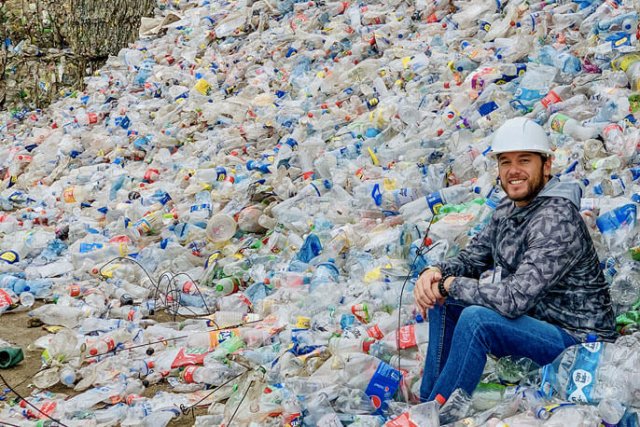
At Wenco we are convinced of plastic’s comparative advantages when used as a material for the handling, transporting and packaging of products, in all types of industries.
It is a durable, reliable, and safe material that has a low manufacturing carbon footprint, especially when compared to its possible substitutes.
But we also believe that, as with other inputs used for production and consumption, plastic must be properly reused, recycled or disposed of, in order to minimize -hopefully down to zero- its impact on nature.
Consistent with the logic of a circular economy, Wenco runs two companies that recycle plastic and another that reconditions large containers.
of the 3.6 million tons of solid waste that the world produces daily is plastic.*
people are killed by air pollution each year. Pollution due to plastic cannot be blamed directly for any deaths.*
is released in producing one kilo of virgin plastic, almost the same as for one kilo of steel and five times more than for one of wood. Because a plastic product weighs only a fraction of a comparable steel or wood product, in effect its footprint is far smaller.*
of all the plastic that moves from land to sea is discharged by only ten rivers in the world, two in Africa and eight in Asia.**
is the recycled amount of all the plastic waste generated by humanity since the industrial use of this material began in the 1950s.